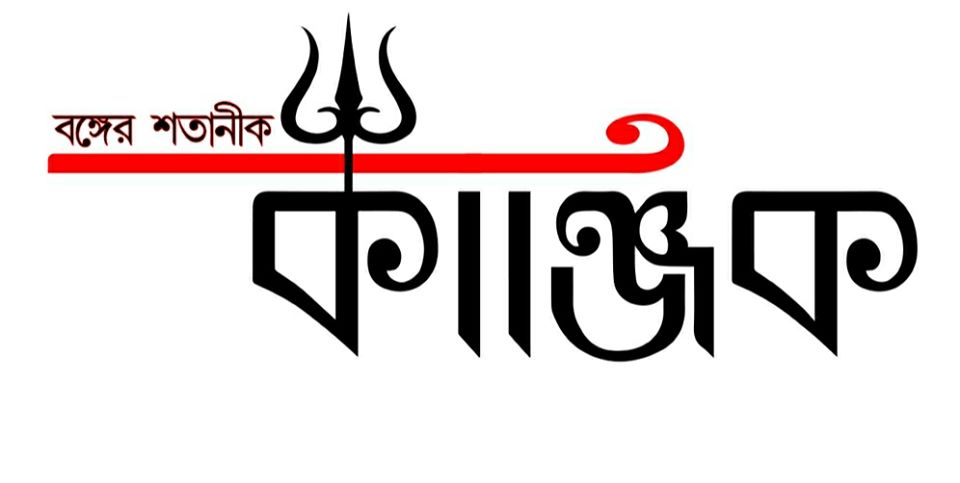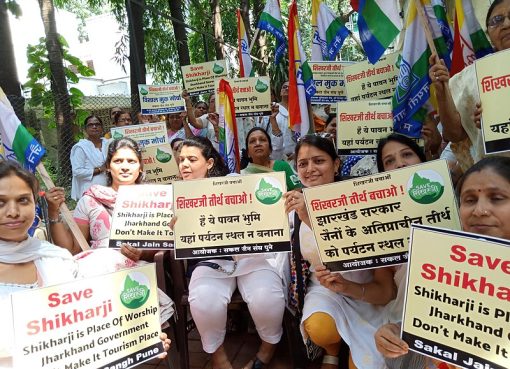Unwillingness or Inability?
-Sultan Sahin
A complete silence has greeted Islamic State’s direct challenge to Indian Ulema. “Islam has never been a religion of peace,’ says an Indian Jihadi, as had his Khalifa a year ago. “Islam is a religion of permanent war: Prophet Mohammad himself spent all his life fighting.” An outright lie from ISIS, a monstrous outrage, but no response from the Ulema. Contrary to ISIS position, the Prophet, peace and blessings of God be upon him, had spent his entire life seeking peace and compromise. Even after acquiring the capability to amass an army of 7, 000 committed soldiers at short notice, he had agreed to a peace treaty with Meccans at Hudaibiya on seemingly humiliating terms for Muslims, preferring peace over justice. And Ulema remain silent when Islam is called by the so-called Islamic State’s terrorists “a religion of permanent strife.” They remain tongue-tied even when ISIS calls the Ulema-e-Soo (Evil scholars) and Hypocrites (in a recent video released by ISIS). Some would say our Ulema have already done enough. Why should they respond to every outrage? Didn’t 1050 Ulema sign a fatwa describing ISIS’ acts as against the basic tenets of Islam? Indeed they did, as did 120 Ulema fromaround the wrold and even the Grand Mufti of Saudi Arabia. So why are they so completely ineffective? Why does ISIS continue to get recruits? 30, 000 Muslims reached the Islamic State from 100 countries in one year. The answer lies in the nature of Fatwas used against ISIS. The Indian Ulema’s fatwa is basically a one-liner, depending entirely on a verse from the Holy quran: “Whoever kills a person (unjustly)….it is as though he has killed all mankind.” (5:32). Other Fatwas quote other similar verses from the quran. There are at lest 124 early verses of Quran teaching peace and pluralism, patience and perseverance in the face of adversity and persecution, to choose from. The question then is inevitable: in the face of such overwhelming evidence in favor of peace and pluralism from Islam’s foundational scripture, how can a Muslim ideologue openly preach terrorism, xenophobia, intolerance and then get a positive response from such a large number of Muslims from across the world? And how can the Ulema emain completely silent? How can neo-Salafis taunt our Ulema as being evil and from the Munafiqeen (Hypocrites), from whom the lowest depths of Hell are reserved in Islam, and get away without even a tepid response from our Ulema? It is these questions that our Ulema are unwilling to take up. Unwilling or unable? I would say, both.
Willingness would require a gigantic effort. They would need to take on almost the entire Islamic theology. They would need to argue with ideologues of such distinction as Imam Ghazali, Ibn Taymiyya, Mujaddid alf-e-Saani Shaikh Sirhindi, Shah Waliullah Dehlavi, Muhammad Ibn Abdul Wahhab, Syed Qutub and Abul A’la Maududi, to name only a few. From all these eminent theologians, the religiously inclined Muslim youth gets the same message of Islamic ‘supremacism’, ‘exclusivism’, ‘xenophobia’, intolerance and his duty of Jihad in the sense of Qital (armed struggle). It was the theologian considered next only to the Prophet in his understanding of Islam, Imam Ghazali who said “Muslims should go on Jihad at least once every year”. Clearly meant offensive Jihad for the sake of Islam’s domination. Highly revered eighteenth century Indian scholar, theologian, Muhaddis and jurist, Shah Waliullah Dehlavi had said: “It is the duty of the true Muslim to establish the domination of Islam over all other religions and do not leave anybody outside its domination whether they accept it voluntarily of after humiliation…..”
Which Indian Alim would today have the guts to contradict Imam Ghazali, Ibn-e-Taimiya, Abdul Wahhab and Shah Waliullah Dehlvi? Islamist terrorist ideology is based on rigid postulates like the following which all our Ulema subscribe to: 1. The Quranic verses revealed in Medina, permitting war, came later, so they have abrogated the earlier Quranic verses exhorting patience and perseverance, peace and pluralism that were revealed in Mecca. Our Ulema do not dispute this false Doctrine of Abrogation. They do not say, without equivocation that the verses revealed earlier at Mecca constitute the foundational text of Islam and have not been and cannot be abrogated; and that it is the war-time, contextual verses which were ,meant for those times alone and do not apply to us anymore. Neo-Salafists are therefore justified in calling them hypocritical. Terror, in terms of killing of innocents, is justified, among other things, on the basis of a Hadith (saying of the Prophet). Prophet Mohammad is supposed to have ordered an attack on a small town, located southeast of Mecca, called Taif, using a catapult (manjaniq) which would inevitably result in killing of innocent civilians. On being reminded by a companion of the Quranic prohibition against killing of innocent civilians, he allegedly justified killing women and children, saying, “they are from them”. Thus, Hadith contravenes the spirit of Islam and specific dictates of Quran. But Ulema believe that ‘Hadith is akin to revelation”. Even the 120 global Ulema’s over 14, 000-word Open Letter to Baghdadi made this specific point. This is completely irrational. The Hadith were collected up to 300 years after his demise. The Hadith often cited by Jihadists is the following: “narrated As-Sab bin Jaththama: 1. “The Prophet passed by me at a place called Al-Abwa or Waddan, and was asked whether it was permissible to attack the pagan warriors at night with the probability of exposing their women and children to danger. The Prophet replied, “They (i.e. women and children) are from them (i.e. pagans)”. Reference: Sahih al-Bukhari KItab ul Jihad, Hadith 3012 in-book reference: Book 56, Hadith 221 USC – MSA web (English) reference: Vol. 4 Book 52, Hadith 256 (deprecated numbering scheme) It seems impossible that the Prophet (pbuh) would violate specific Quranic injunctions against killing of innocent civilians and his own earlier conduct in this instance.
But Ulema simply say: “this Hadith is found in Sinah-e-Sitta (all six authentic books of Hadith)”. No matter how much you coax them, as I have, they will say no more. The meaning is clear: ‘Hadith cannot be questioned, no matter how much it contradicts Quran and Prophet’. This particular Hadith implies that the Prophet approved killings of innocent women and children which has become the justification/hallmark of violence by terrorist groups. Ulema wield considerable influence. Their silences matter as much as their statements. Those who expect help from them in fighting Islamist terrorism are mistaken. The contempt with which neo-Salafists treat our Ulema is well-deserved. Nor can one expect much from secular, liberal moderates. While they are implacably opposed to terrorism, and wary of living as a suspect as every Muslim is today, they are not willing to engage with the Islamist theology. This requires them to overcome the inevitable fear of violent death. Ask liberals of neighboring Bangladesh. Not many have this level of motivation in spite of the chaos all around. As for political leaders, Muslim and non – Muslim, the less said the better. Politicians are called leaders but they actually follow the herd. Hardly any ‘leader’ is in sight. However, one must take hope from history.
Extremism has always been a part of Islamic history. But Muslims have managed to defeat it. At the moment, extremism is particularly influential, radicalizing almost the entire society, largely as a result of tens of billions of petrodollars having been invested in the project over the last four decades. But the essence of Islamic spirituality, peace and pluralism, would find a way bouncing back. To help this process, concerned Muslims will have to evolve a new theology, a theology of peace and pluralism and reach the Muslim Ummah directly, over the heads of the Ulema. This pluralistic theology must be based on Islam as a spiritual path to salvation, rather than a totalitarian ideology of world domination, as the current consensus dictates. Merely focusing on positive features of Islam, as some suggest, will not help. This is the age of internet. Nothing can be hidden. We will have to engage with the Islamist and neo-Salafist theology, taking, as it were, the bull by its horns. There are no soft options.
(The treatise had been published on June 6, 2016 in “New Age Islam” while the writer is the Founding Editor there)







Comment here